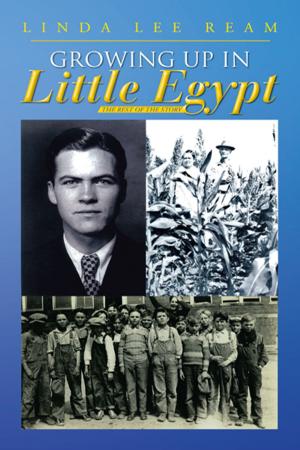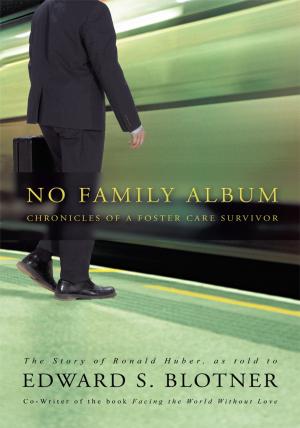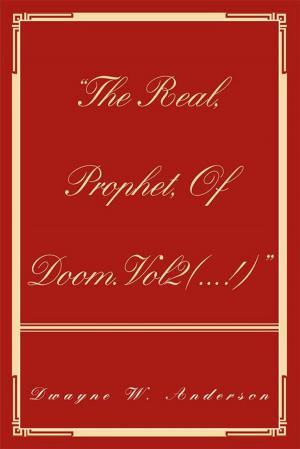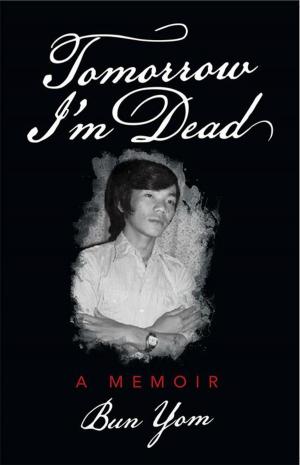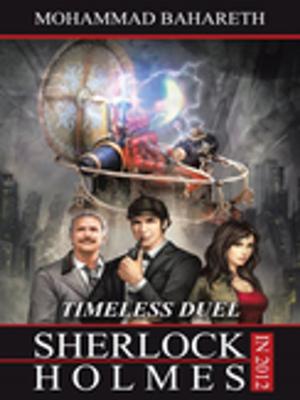How You Became You (And Why You Do the Things You Do)
How Abusive Parenting Styles Debilitate Children
Nonfiction, Family & Relationships, Parenting| Author: | Judy R. De Wit | ISBN: | 9781475926781 |
| Publisher: | iUniverse | Publication: | June 25, 2012 |
| Imprint: | iUniverse | Language: | English |
| Author: | Judy R. De Wit |
| ISBN: | 9781475926781 |
| Publisher: | iUniverse |
| Publication: | June 25, 2012 |
| Imprint: | iUniverse |
| Language: | English |
There are two common parenting styles with defined negative effects at two extremes: rigid and chaotic. Rigid parenting involves excessive rules, narrow expectations from parents for their children, and unreasonable punishments. Children raised in these conditions become adults who frequently suffer from anxiety, OCD, and perfectionism. They are often defensive and reactive, seeking out acceptance and approval from others
In contrast, chaotic parenting offers few to no rules, allowing children to do whatever they want without boundaries or consequences and failing to help them discover their strengths and capabilities. These children become adults who have identity issues, codependency, and poor boundaries. Their relationships often focus on becoming what they think others want them to be.
By uncovering what kind of parenting you received, you can better understand who you are and why you do the things you do and be able to determine what changes you would like to make. Becoming a healthy person is about being the person God intended you to be. This guide can help you take the steps necessary to becoming that person.
There are two common parenting styles with defined negative effects at two extremes: rigid and chaotic. Rigid parenting involves excessive rules, narrow expectations from parents for their children, and unreasonable punishments. Children raised in these conditions become adults who frequently suffer from anxiety, OCD, and perfectionism. They are often defensive and reactive, seeking out acceptance and approval from others
In contrast, chaotic parenting offers few to no rules, allowing children to do whatever they want without boundaries or consequences and failing to help them discover their strengths and capabilities. These children become adults who have identity issues, codependency, and poor boundaries. Their relationships often focus on becoming what they think others want them to be.
By uncovering what kind of parenting you received, you can better understand who you are and why you do the things you do and be able to determine what changes you would like to make. Becoming a healthy person is about being the person God intended you to be. This guide can help you take the steps necessary to becoming that person.




